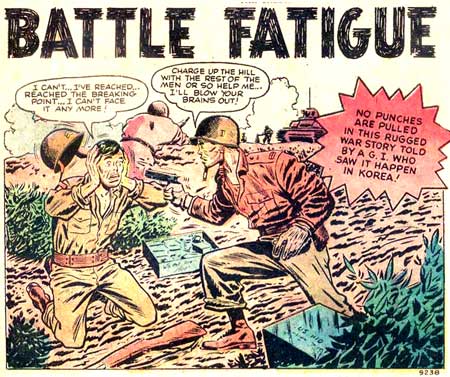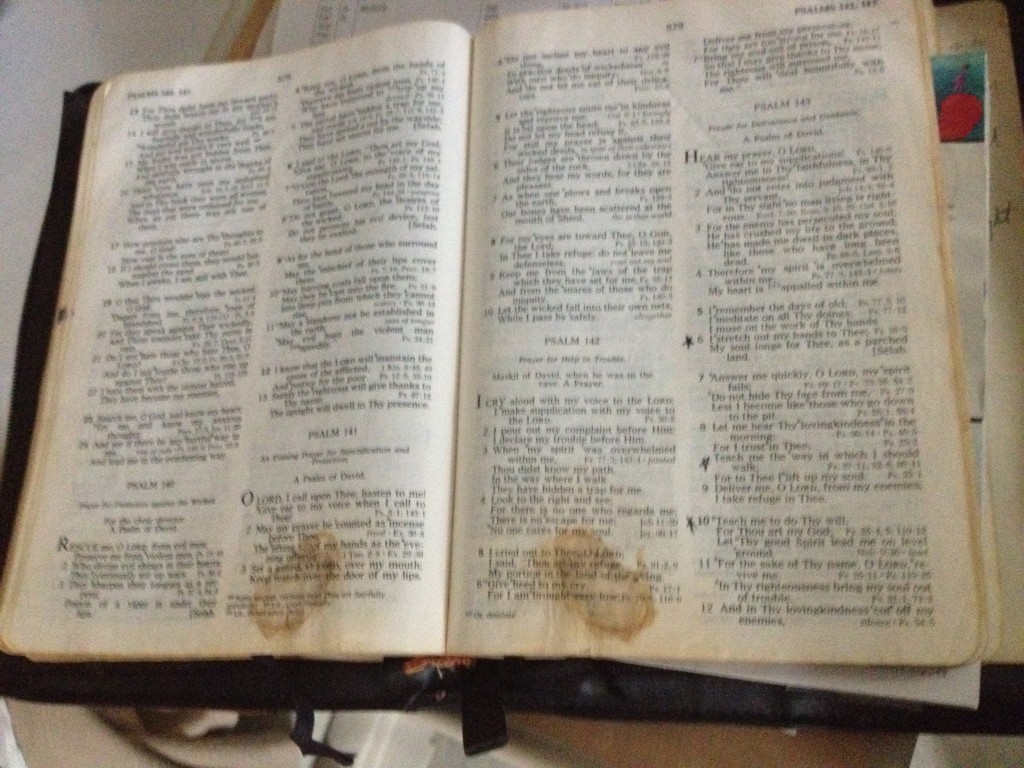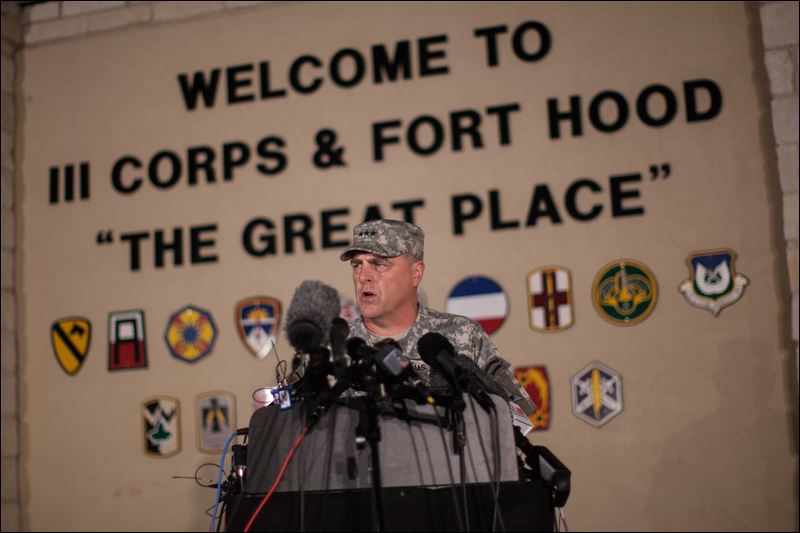We have not done the work of prayer.
Diana Butler Bass
The worst sin is prayerlessness.
P. T. Forsyth
I am spending time this week with a friend who is one of the Lost Boys of the Sudan. He is also an Army Captain who has completed three tours in Iraq. My friend has commanded troops of men and women. It is, he says, the hardest thing to lead men and women, particularly so when they are cranky and exhausted.
How do you inspire and motivate the battle-weary?
Battle fatigue is a very real issue. One that affects more than just officers leading men and women in Iraq and Afghanistan. It is a problem that leaders all across this nation have been wrestling with on a whole different front. A recent story in The Economist noted that battle fatigue has led to a diminished voice of dissent in the war on drugs. Of course, that’s always part of the goal of the enemy, whoever the enemy — to wear us slap out.
Casualty rates rise when troops are beset with battle fatigue. That makes sense when you consider some of the syndrome’s symptoms:
*Slowness of thought
* Preoccupations with minor issues and familiar tasks
* Difficulty prioritising tasks
* Indecision and lack of concentration
* Loss of initiative
These symptoms are often coupled with the very real biological problems of headaches, heart palpitations, anxiety, insomnia (or excessive sleep), irritability, substance abuse, mistrust of others, and a heightened sense of threat.
Any of this sound familiar?
Yeah. I thought so.
Many years ago, I was given one of those pamphlets that Christians are so fond of handing out. Only in this case, it wasn’t a turn and burn one. It was a thoughtful essay written by Charles Hummel titled Tyranny of the Urgent. Perhaps you have heard of it, or read it yourself?
When he wrote the essay in 1967, Hummel identified the telephone as our worst offender against peace. And that was decades before US soldiers used phones to transmit images of themselves peeing on dead bodies or posing inside military caskets at Dover Air Force base.
Or before moms used it to document the ways in which they torture their own children, as 20-year-old Kellie Park of West Haven, Connecticut did before she was arrested.
Or before Rep. Anthony Weiner used his phone to document his private parts and, in the process, destroyed his professional and private life.
As if you needed any more examples of people’s slowness of thought.
Given these examples it would be easy to reiterate Hummel’s concerns that the phone is an enemy to our peace.
Only the problem isn’t the phone.
We have seen the enemy and the enemy is us.
Sure, it would be easy to lament the advancement in technology and all the ways in which the Great Enemy slays us.
But the problem lies within.
As Hummel himself noted decades ago, the real problem is a lack of discernment. We are bad to mistake the urgent for the important.
That’s what happens to the battle-fatigued.
They have a cock-eyed way of looking at everything.
Their perspective is skewed.
Technology and its ability to deliver the unimportant to us in an instant has left us battle-fatigued.
We come away disoriented, distracted, depressed, deprived and depraved.
And ultimately defeated.
We post Bible verses on our Twitter feed, and pithy prayers on Facebook and consider that a substitute for communicating with the Creator of the Universe, the Creator God, the One who created us.
The Prince of all Peace.
Hummel rightly pinpointed the source of our battle-fatigue: “We have left undone those things that we ought to have done; and we have done those things which we ought not to have done.”
In what ways have you been experiencing battle-fatigue? Do you have a discipline that guards you against it?












